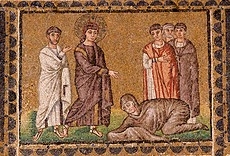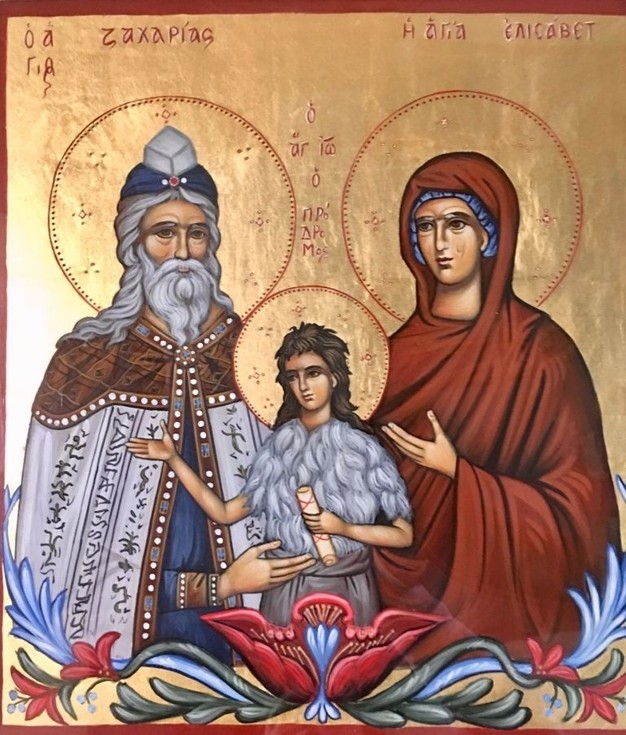These reflections are a result of more than 40 years of ministry as a Roman Catholic priest. Most of these years I spent in the Diocese of Charlotte which covers Western North Carolina. Now I am retired, and live in Medellín, Colombia where I continue to serve as a priest in the Archdiocese of Medellín.

There was a woman afflicted with hemorrhages for twelve years.
She had suffered greatly at the hands of many doctors
and had spent all that she had.
Yet she was not helped but only grew worse.
She had heard about Jesus and came up behind him in the crowd
and touched his cloak.
She said, “If I but touch his clothes, I shall be cured.”
Immediately her flow of blood dried up.
(Mk 5:21-43)
Interrupting the Story of the Healing of Jairus’ Daughter is the Healing of the Woman with the Flow of Blood. Both stories emphasize the need for faith and the compassion of Jesus.

When Jesus heard this, he was amazed and said to those following him,
“Amen, I say to you, in no one in Israel have I found such faith.
I say to you, many will come from the east and the west,
and will recline with Abraham, Isaac, and Jacob. (Mt 8:5-17)
The Healing of the Centurion’s Servant is a key passage. Without commenting on the very curious relationship between the centurion and the servant, Jesus praises the faith of the Roman centurion and gives us the vision of the Banquet of the Kingdom where many will come from the rising of the sun to its setting to recline at table with Abraham, Isaac and Jacob.

Then Abraham said to God,
“Let but Ishmael live on by your favor!”
God replied: “Nevertheless, your wife Sarah is to bear you a son,
and you shall call him Isaac.
I will maintain my covenant with him as an everlasting pact,
to be his God and the God of his descendants after him.
As for Ishmael, I am heeding you: I hereby bless him.
I will make him fertile and will multiply him exceedingly.
He shall become the father of twelve chieftains,
and I will make of him a great nation.
(Gen 17:1,9-10,15-22)
Isaac and Ishmael, both blessed by God—if only all of us could know that we are blessed by God.

The child grew and became strong in spirit,
and he was in the desert until the day
of his manifestation to Israel. (Lk 1:57-66,80)
The Lucan Gospel begins with two annunciation stories and two birth stories. Today we celebrate the Summer Christmas--the Birth of Saint John the Baptist.
Abram put his faith in the LORD,
who credited it to him as an act of righteousness. (Gen 15:1-12,17-18)
The Covenant with Abraham contained the promise of land and descendants.



